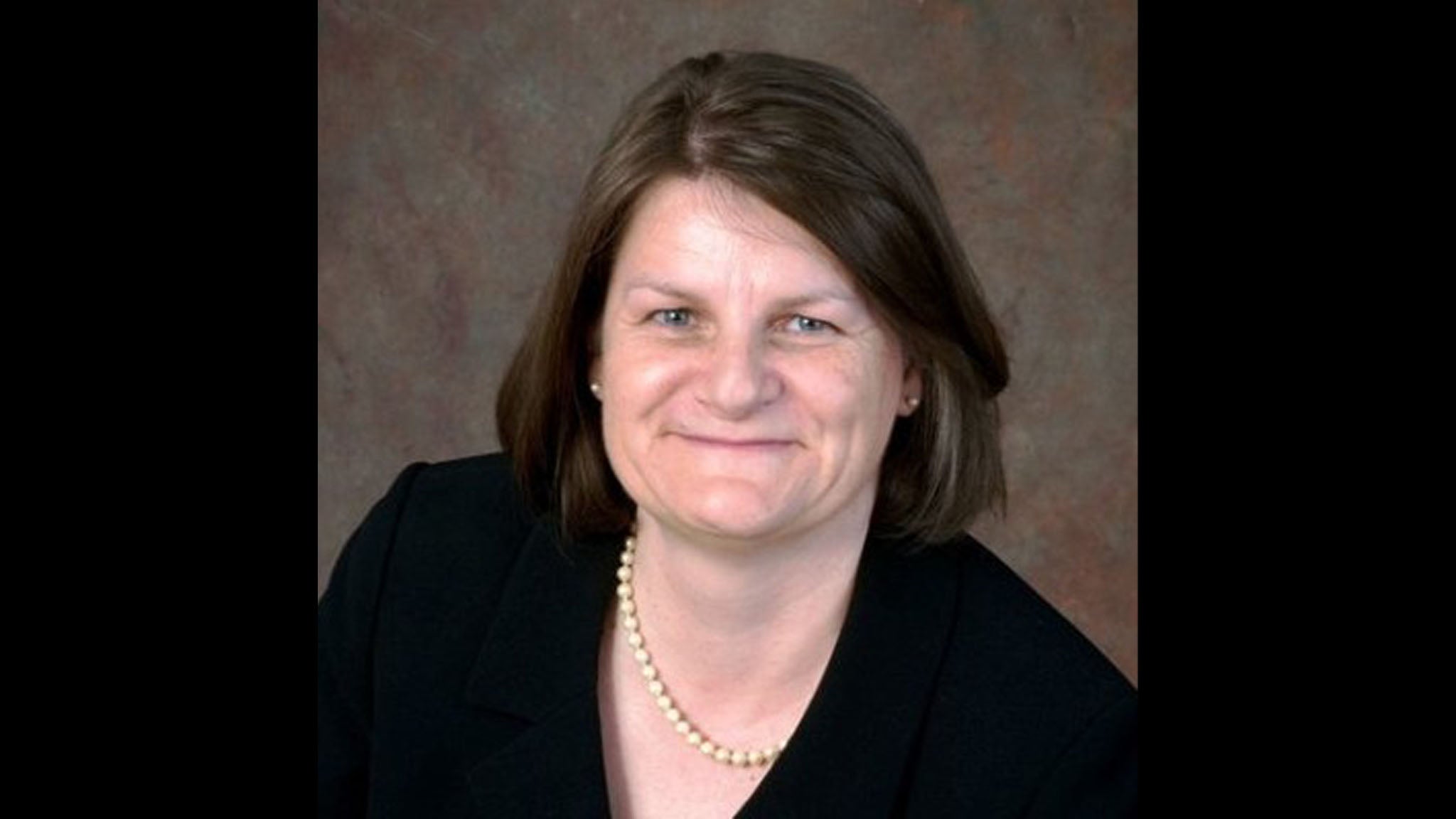A Wausau man is facing federal charges for running a $16 million investment scheme, according to an affidavit by prosecutors released this week.
Prosecutors say Stanley Pophal, 63, received payments from 128 investors and used the “vast majority” of that money to fund an extravagant lifestyle — including a “vast snowmobile collection.” In a press release, U.S. Attorney Timothy M. O’Shea said Pophal purchased more than 300 snowmobiles.
Pophal was charged with two counts of wire fraud and money laundering, and he appeared in federal court in Madison this week.
News with a little more humanity
WPR’s “Wisconsin Today” newsletter keeps you connected to the state you love without feeling overwhelmed. No paywall. No agenda. No corporate filter.
According to the affidavit, Pophal used a variety of techniques to lure investors, all designed to convey his wealth and business success. He said he created and sold car wash dryers. He claimed to be related to the founders of the Fromm Brothers Fur and Ginseng Farm, a wealthy Marathon County dynasty founded in the early 20th century. And he told targets he’d been blessed by God with good fortune, and he was paying it forward by helping investors.
In addition to his collection of snowmobiles, prosecutors say Pophal purchased motocross bikes and race cars.
He also claimed to be a millionaire or billionaire. Citing Department of Workforce Development records, the affidavit said Pophal hasn’t had a job since 2010.
Prosecutors interviewed 21 of Pophal’s targets. One of them said Pophal approached him with stories about his wealth, showing him photos of his boat and snowmobile collection.
He offered the victim a 30 percent to 40 percent interest rate on a $50,000 investment, promising to invest it in flipping commercial properties to apartments.
On Feb. 25, according to prosecutors, the victim wired Pophal the money.
The affidavit claims Pophal then used it for “personal expenses,” including “a $35,000 payment to a contractor for an expense related to his business.”
That transaction is the basis for the two federal counts Pophal is now charged with.
Pophal’s attorney declined to comment Wednesday afternoon.
Wisconsin Public Radio, © Copyright 2026, Board of Regents of the University of Wisconsin System and Wisconsin Educational Communications Board.







